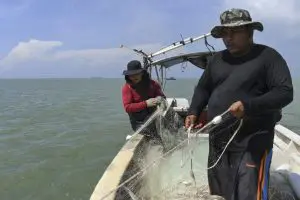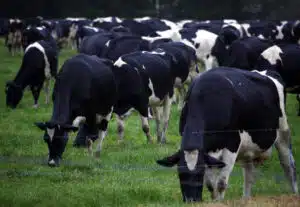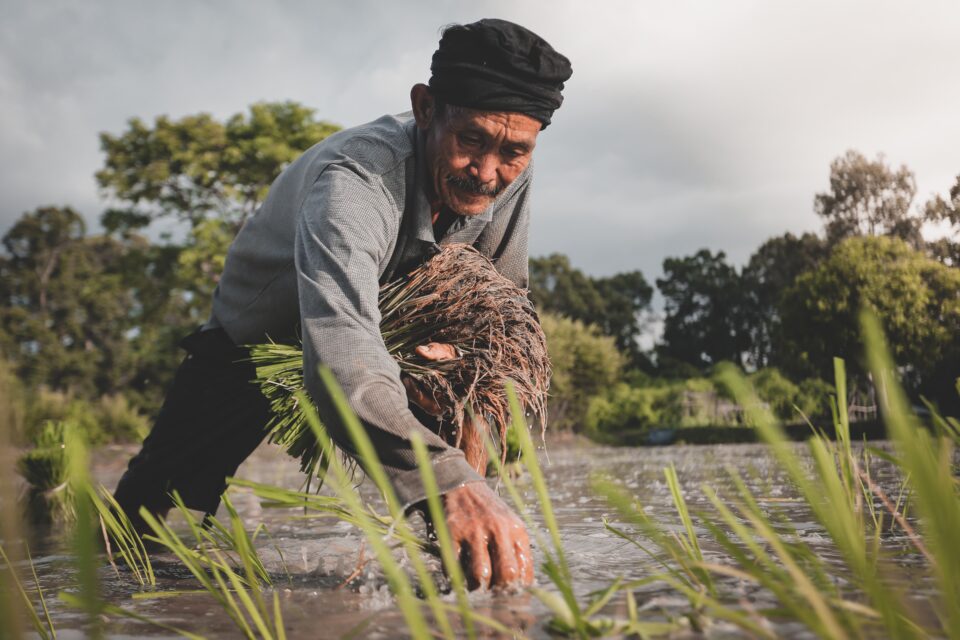IPOH, Nov 11 — The country’s agrofood sector growth is positive despite facing uncertain global and domestic economic markets, said Prime Minister Datuk Seri Anwar Ibrahim.
Its contribution to the national Gross Domestic Product in 2022 is significant at RM173.9 billion, or 11.5 per cent.
“The value-add covers the output of agrofood in the agriculture, manufacturing, and service sectors,” he said when launching National Farmers, Breeders and Fishermen Day (HPPNK) 2023 at Dataran Bulatan Sultan Azlan Shah in Meru Raya today.
Anwar’s speech text was read by Deputy Prime Minister Datuk Seri Fadillah Yusof, who officiated the ceremony on his behalf.
Also present was Agriculture and Food Security Minister Datuk Seri Mohamad Sabu.
However, Anwar said dependence on imported food is high, surpassing RM75.5 billion last year, which is a challenge which should be dealt with to raise Malaysia’s food security levels.
The trend also showed an increasing trade deficit in the agrofood sector in the last three years.
Therefore, he said the potential of the agrofood sector should be expanded as one of the main contributors to the national economy.
“The focus of the Madani Government now is on the right track to boost and empower the agrofood sector,” Anwar said.
Food security was also given special focus in Budget 2024, a reflection of efforts to intensify the survival of the country’s agrofood industry to increase local food production and reduce import dependency.

Various efforts were implemented to provide inclusive incentives to Malaysia’s food producers, including raising the rate of the Padi Price Subsidy Scheme from RM360 to RM500 per tonne.
“Others include increasing the purchase floor price of padi from RM1,200 to RM1,300 per tonne as well as starting a five-season padi planting pilot within two years,” he said.
Anwar added the government also continues to provide a monthly RM300 living allowance and a monthly RM1,000 Fisherman’s Catch Incentive, while maintaining the diesel subsidy at the lowest price of RM1.65 per litre to a certain class of fishermen with a quota of 840 million litres annually.
Via the Food Security Strengthening Programme, an RM400 million allocation focuses on increasing local food production, which is still dependent on imported sources.
In the meantime, HPPNK is a special biennial programme to celebrate farmers, breeders, and fishermen in this country.
“The event, among other things, is a manifestation of the government’s appreciation of the contribution of food producers, despite being affected by various challenges in the agrofood sector at the global and local level, like extreme weather due to climate change, the global geopolitical crisis, the increase in the cost of agricultural inputs, especially fertiliser and insecticide,” he said.
HPPNK 2023 is being held for three days starting today with the theme “Food Security for the Future” coincides with the aspiration to focus on the application of technology, innovation and modernisation of the agricultural sector in line with the National AgroFood Policy 2021-2030.
— Bernama






